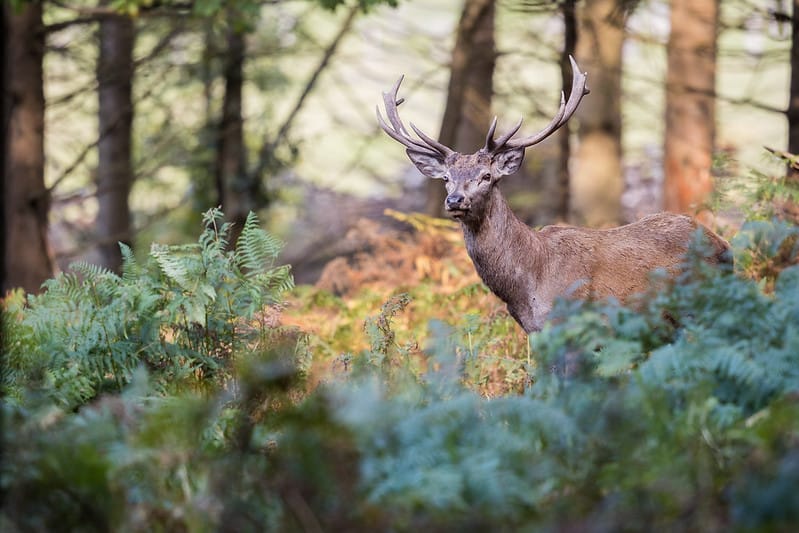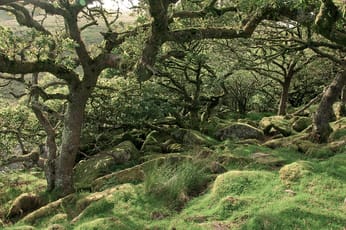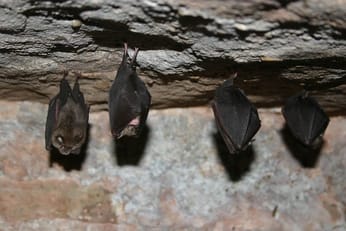
Can citizen science make you happier?
Researchers are exploring whether counting insects improves wellbeing.
I am sitting on a bench staring very hard at a thistle.
I am counting the insects that appear, but I don’t think I am doing a particularly good job. Several minutes on the ten-minute timer have expired and nothing has shown up. I am panicking about my blank recording form and the state of British pollinators.
Eventually, a bee arrives. Or is it a hoverfly? It darts away so quickly that I cannot identify it. Plus, I am getting distracted by a goldfinch singing in the adjacent apple tree. I refocus my attention on the thistle. Now there is a small fly. Should I record this species? I can’t remember.
When the time is up, I have seen three bees, a fly and a yellow ladybird. I have taken photos; my identification skills are not strong enough to accurately determine the species in the milliseconds that they spend on the thistle. I wouldn’t say I’m feeling relaxed, but there’s undoubtedly something calming about setting aside my usual whirl of thoughts and focusing on the world of this single plant.
I am taking part in a citizen science project – but one with a twist. In addition to counting the insects in my garden, I am also providing feedback to a team of scientists on how this activity is making me feel.
The experiment is being run by the UK Centre for Ecology & Hydrology alongside the University of Derby. The insect counting activity is a classic citizen science experiment; members of the public are essentially instructed to collect local data that feeds into a wider picture of insect population trends. It is vital work: without a network of willing volunteers, the decline in pollinators across the UK would be much harder to detect.
But the scientists are also researching another question: does participating in citizen science make people happy?
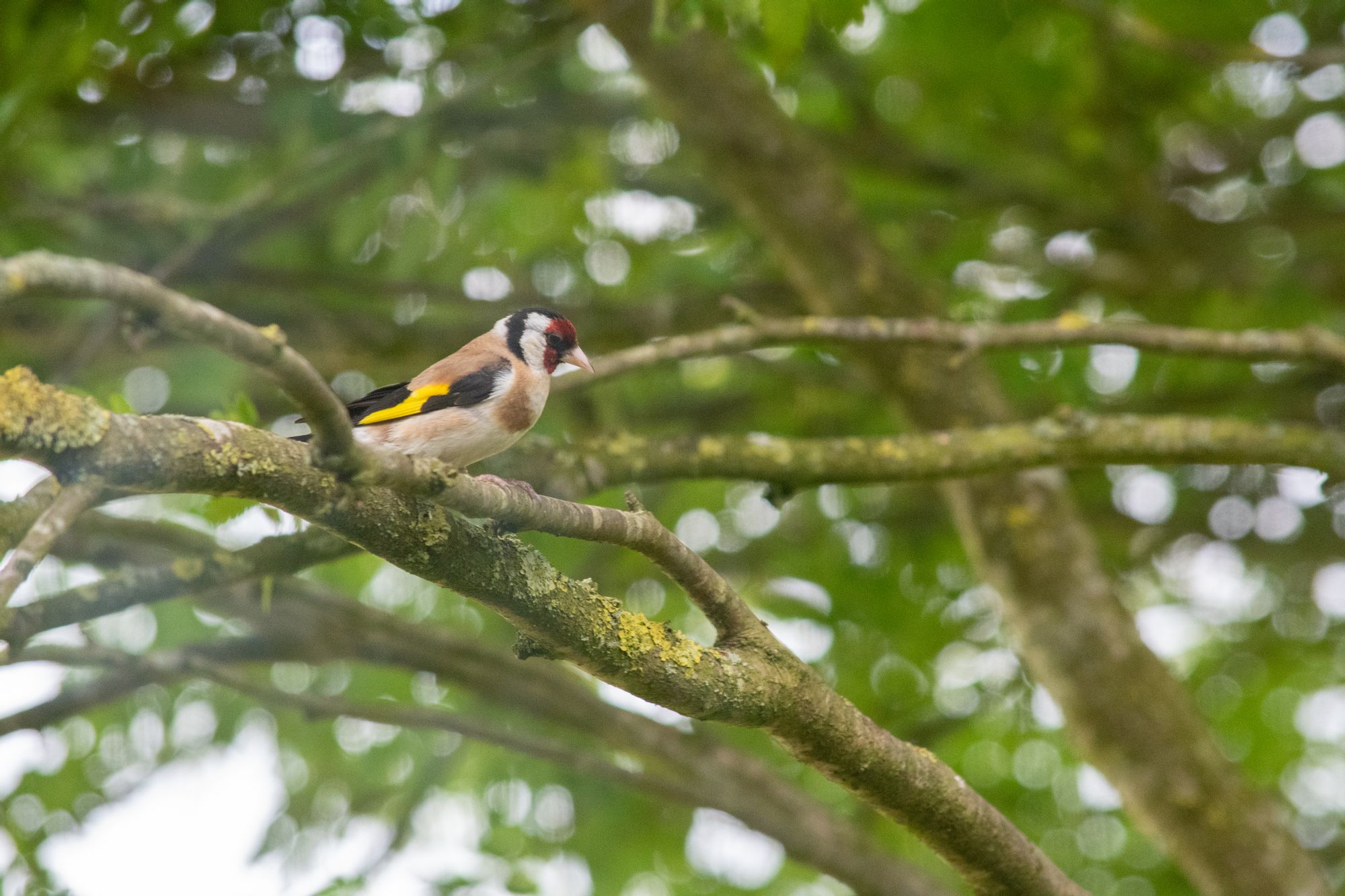
There are certainly good reasons to think that it might. Miles Richardson runs the University of Derby’s Nature Connectedness Research Group, which focuses on links between the natural world and our mental health. His research has shown that activities that connect us to nature – such as smelling wildflowers or watching the sun rise – can improve our mental health.
Citizen science projects give people a reason to venture into the great outdoors and encourage an unusually forensic (and some might say mindful) approach to nature. While I often spend time in my garden, for instance, I rarely give my undivided attention to a single bloom.
Equally, it’s possible that taking a methodical approach to nature could undermine the psychological benefits forged through a more sensuous and emotional connection.
“If you’re counting pollinating insects, you’re deeply engaged with those insects, so it could be that will increase nature connectedness and wellbeing. But are you appreciating them or are you counting them? We don’t know if that kind of focused attention starts to interfere with your enjoyment of them,” says Richardson.
So the team is putting the theory to the test, asking volunteers to carry out a number of tasks and record their personal responses. Some, like me, have been asked to undertake a pollinator count, some to record butterflies, and others simply to notice the nature around them. Some participants are asked to multitask, both recording insects or butterflies while also noticing nature.
There are two excellent reasons to investigate this question of whether citizen science makes us happy and improves wellbeing.
Firstly, nature demonstrably improves mental health, but there are still questions over how best to harness this effect. Policymakers, planners and architects are among the professions that hope to optimise how people engage with the natural world; whether they should be prompted to notice and enjoy their surroundings, or whether it’s equally helpful to engage with the world rigorously and methodically.
The question is particularly pertinent given the solace that nature has provided during the coronavirus lockdown; indeed, the project was funded through a COVID-19 urgency grant.
“If we can have greater understanding about the impacts of nature on our wellbeing and the benefits to individuals, I think that helps us as society think more strategically about what we can do to support people who might be suffering through aspects of social isolation,” says Michael Pocock, an ecologist at the Centre for Ecology & Hydrology, who is leading the project.
In this case, if the experiment shows that citizen science does improve mental wellbeing, then future projects can be designed to maximise the psychological as well as the scientific benefits.
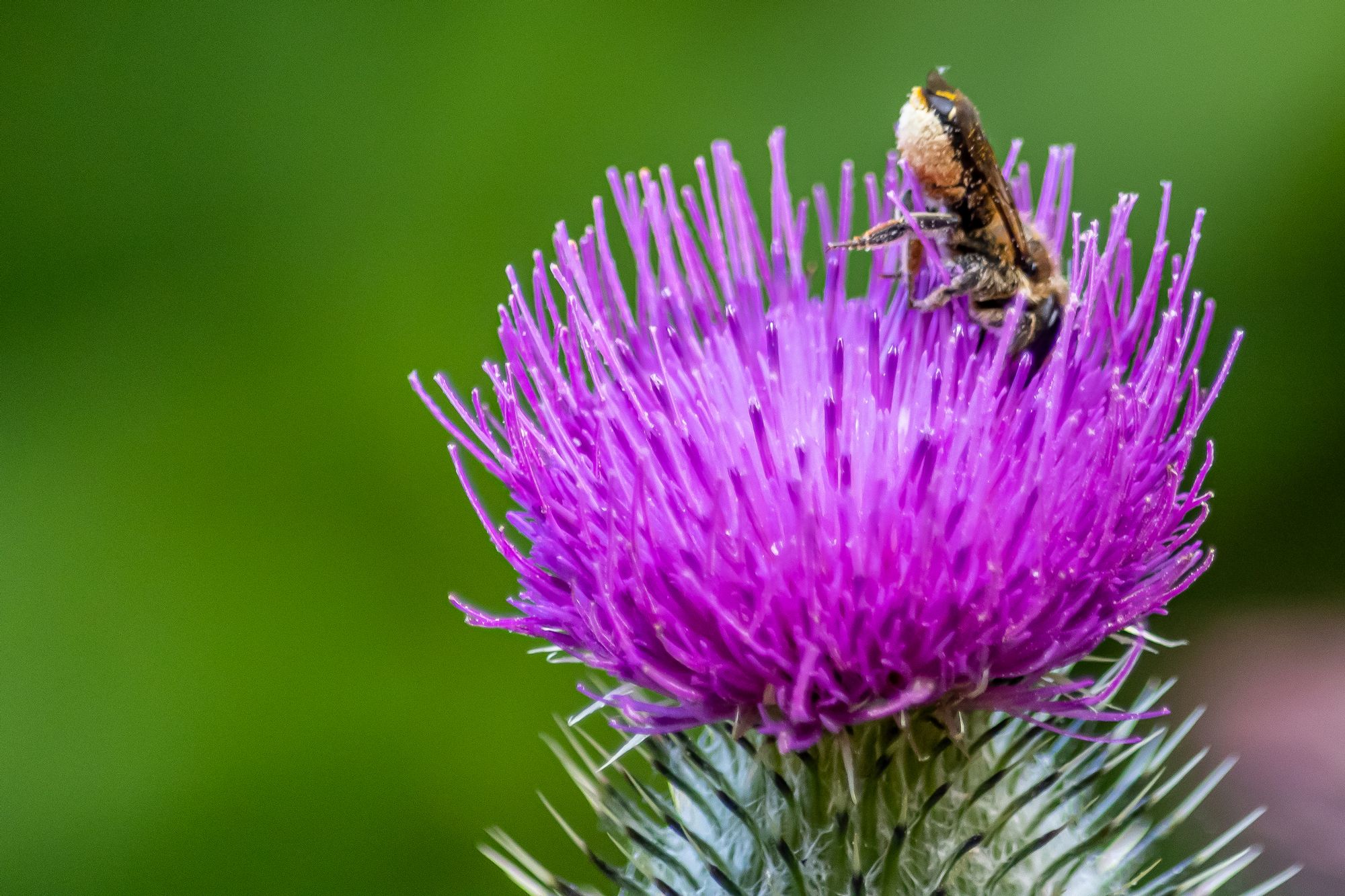
Secondly, if citizen science makes people happy, then nature itself could benefit.
Recent studies by Richardson’s research group have demonstrated that people who feel a greater connection to nature are more likely to behave in a way that protects the natural world. If citizen science projects encourage more people to form a meaningful connection to nature, then there is a clear benefit to the planet.
But this research project could provide an additional boost to efforts to preserve the UK’s declining biodiversity. Scientists rely on large networks of volunteers to collect the local observations that underpin their knowledge of the natural world – people who tend to be driven by scientific interest or concern for the planet. Proven mental health benefits may provide an additional incentive for people to get involved, leading to bigger and better datasets for scientists.
“Maybe it sounds a bit idealistic, or certainly optimistic, that we can have these genuine win-wins, where we can have this greater understanding of the world, but we also have people who are happier, feel better and care more. It’s all going in the same direction,” adds Pocock.
The notion that nature may be a salve to our minds has, it feels, become embedded in the country’s psyche in recent months. A flurry of books covering this idea of a “nature cure” (Losing Eden and The Natural Health Service are two wonderful examples) has encouraged many people to find peace in wildlife and greenery during these troubled times. But I often wonder whether this phenomenon exists beyond my own social bubble.
Experiments like this are useful because they reach out to new communities of interest: to people who enjoy counting and recording instead of feeling and observing. Personalities are varied and complex; perhaps nature can bring peace to them all.
Subscribe to our newsletter
Members receive our premium weekly digest of nature news from across Britain.
Comments
Sign in or become a Inkcap Journal member to join the conversation.
Just enter your email below to get a log in link.



